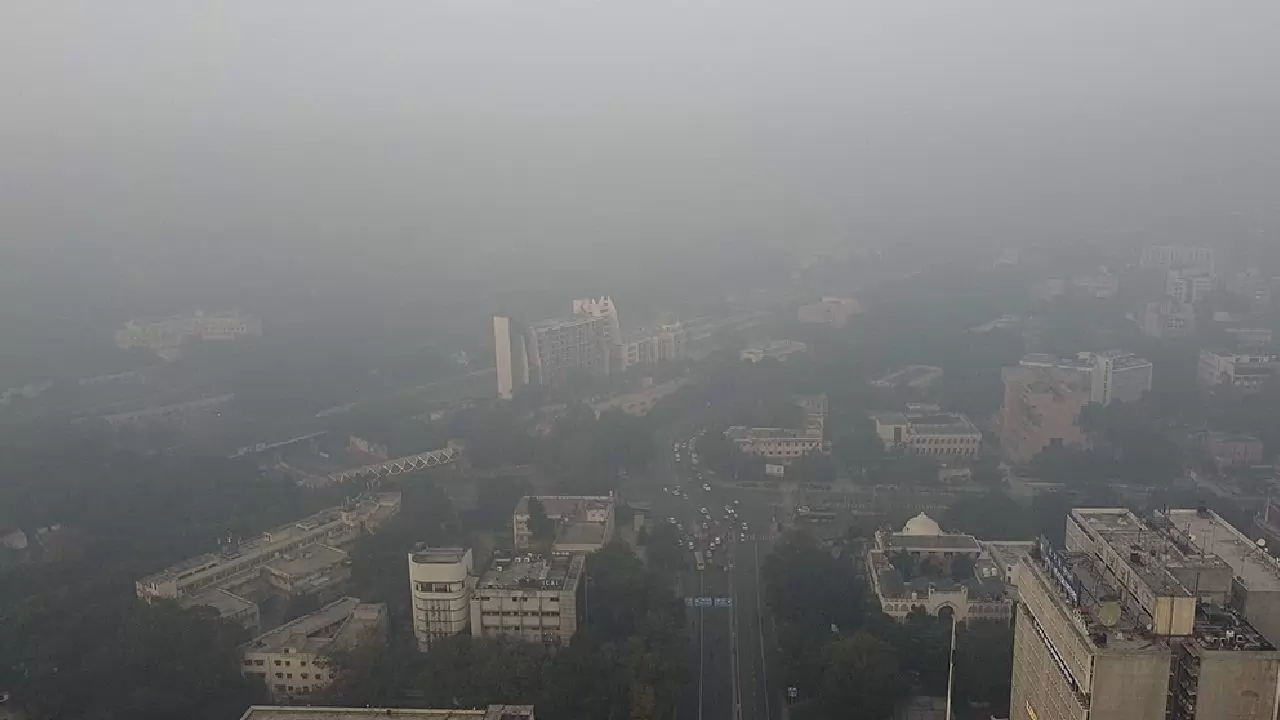
Delhi AQI turns very poor (ANI (File))
New Delhi: In a decisive move to combat the worsening air quality in the National Capital Region (NCR), Delhi is set to implement GRAP-4 (Graded Response Action Plan) measures starting Monday. These emergency anti-pollution protocols are designed to mitigate the hazardous effects of severe air pollution, which continues to plague the region.
GRAP-4 represents the highest level of response under the Graded Response Action Plan, a comprehensive framework initiated to tackle air pollution. This stage is activated when air quality index (AQI) levels surpass the “severe” category, posing grave health risks. The measures are intended to reduce pollution sources and safeguard public health.
The implementation of GRAP-4 will involve several stringent measures, including:
The decision comes as the air quality in Delhi and its surrounding areas continues to deteriorate, with AQI readings consistently exceeding 400, a level classified as “severe.” Experts attribute this decline to factors such as stubble burning in neighboring states, vehicular emissions, and unfavorable weather conditions that trap pollutants.
The Commission for Air Quality Management (CAQM) has urged residents to actively participate in reducing pollution. Citizens are encouraged to minimize the use of private vehicles, opt for public transportation, and avoid activities like open burning. “The situation is dire, and immediate action is required to control pollution levels. GRAP-4 is a necessary step to protect public health,” stated a CAQM official.
With the implementation of GRAP-4, Delhi hopes to see a noticeable reduction in pollution levels. However, experts stress the importance of long-term measures to address the root causes of air pollution and ensure sustainable environmental health in the region.





Copyright © 2026 Top Indian News
